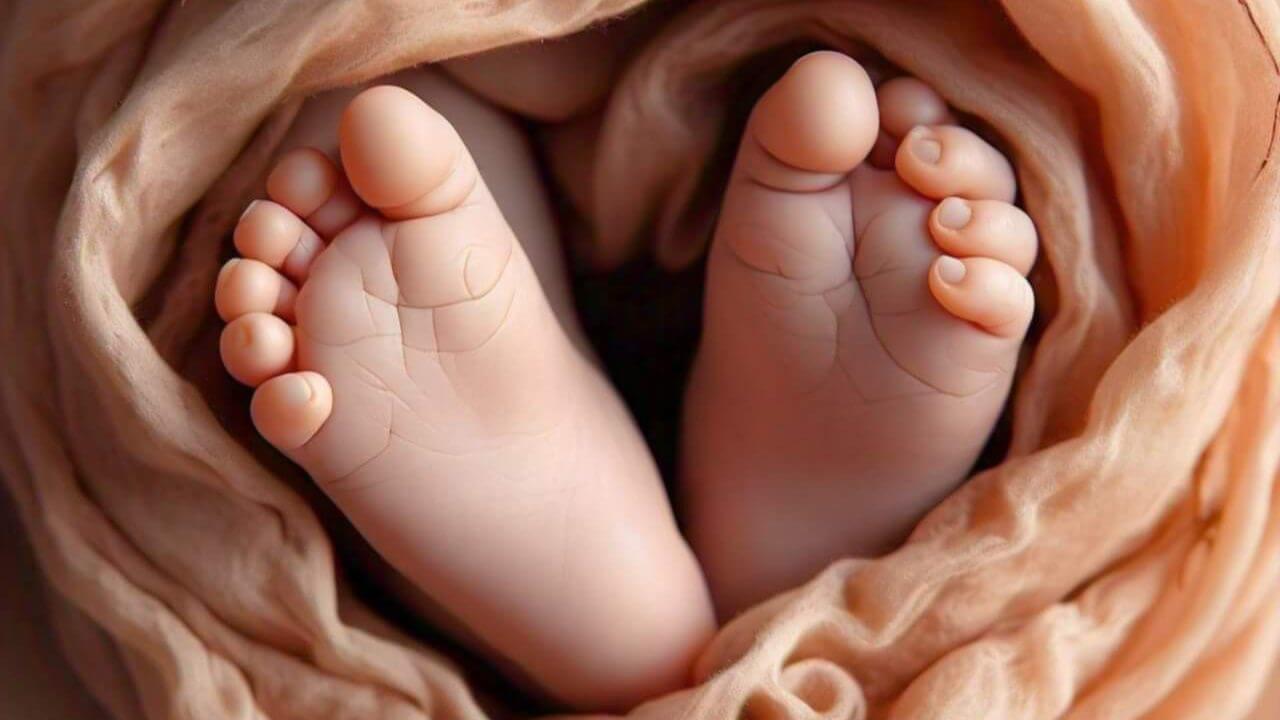Traditions followed on the birth of a child in different parts of the world, know how a newborn is welcomed

Birth Traditions Around the World : The birth of a child is an extremely important and emotional event in the life of any family. This moment not only marks the beginning of a new chapter in the lives of the parents but also becomes a symbol of countless joys and hopes for the entire family. When a new life comes into a family, it is not just a newborn baby but an invisible thread of hopes, dreams and responsibilities that connects everyone even more deeply.
Traditions around childbirth are part of a special cultural heritage around the world. These traditions connect the family and community with the newborn and welcome the new beginning of life. These traditions from different countries show us how each culture celebrates this important moment in life in its own unique way.
World throughout In Children Of Birth But being wala Unique Traditions
The birth of a child is an important event in every culture and has many unique, unique and ancient traditions associated with it in different parts of the world. These traditions reflect the expectations, spiritual beliefs and social relationships of the family and community. Today we will take a look at some of the amazing traditions from different countries of the world, which are performed at the time of birth of a child.
1. India – Sixth And Naming rites
There are many religious and cultural rituals after the birth of a child in different parts of India. “Chhathi” is celebrated on the sixth day of birth, in which it is believed that the fate of the child is written on that day. After this, “Naamkaran Sanskar” takes place, in which the child is given an official name. This ritual introduces the child among the people of the family and society. There are many other traditions and beliefs prevalent in different parts of India regarding the birth of a child.
2. Nigeria – ‘Omugo‘ legacy
In the Igbo community of Nigeria, a special tradition is performed after the birth of a child which is called 'Omugo'. In this tradition, the mother or mother-in-law of the newborn stays with the mother and takes care of the child for 40 days. This time is dedicated to strengthening the mutual relations of the family and taking special care of the newborn.
3. Japan – Omiyamairi (Omiyamairi)
In Japan, after the birth of a child, there is a tradition called “Omiyamairi”, in which the newborn is taken to the temple and blessed by the gods and goddesses. This tradition is considered auspicious for the child's future. Usually this ritual is done within the first month of birth.
4. Mexico – Bajadeva (Descent of Veil)
In Mexico, after the birth of a child, a religious ceremony is held which is called Bajada de Velo. During this, the child is brought to the church and his first prayer is performed and he is accepted as a new member of the family. Along with this, the child is decorated in traditional clothes and is kept under the protection of God.
5. Māori community, new zealand – pepe Tiaki (Baby Care)
In New Zealand's Maori community, births are given special recognition. In this tradition, the newborn's placenta and umbilical cord are buried in a sacred place, such as family land or under an important tree. This process is considered in Maori culture to connect the child to their homeland, giving them a spiritual connection for life.
6. Thailand – Wet Pring Guard (Water Khru)
In Thailand, there is a special tradition after the birth of a child which is called Wat Preang Guard. In this, special prayers are offered for the child in the temple. Apart from this, there is also a tradition of shaving the hair of the child's head, which is considered a symbol of purity and purification.
7. Mongolia – placenta Bite of legacy
In Mongolia, a ritual takes place shortly after a baby is born, in which the baby's first hair is cut. This process is very religious and cultural, and family members and important people have the honor of cutting the baby's hair. After this ceremony, the baby is greeted with good wishes and given gifts.
(Disclaimer : This article is based on general information. We do not make any claim about it.)


Comments are closed.